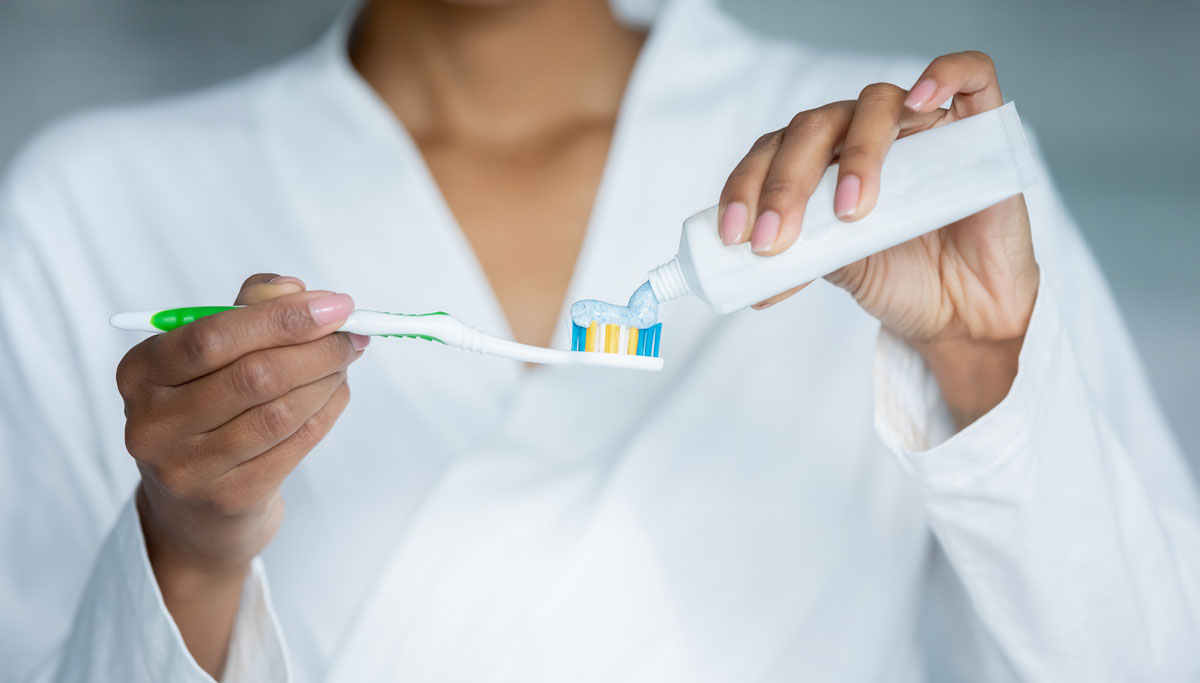When shopping for dental care products, it’s easy to get overwhelmed by the different brands and types of toothpaste, floss, and mouthwash. Fortunately, you can ask your dentist or dental hygienist for assistance and follow this guide to help you make the best choice for you.
A good basic rule to follow is to look for the American Dental Association Seal of Acceptance, which is featured on products independently evaluated and found to be safe and effective. But even oral care products that don’t have this seal must be cleared by the U.S. Food and Drug Administration.
Toothpaste
Most toothpastes have many of the same ingredients, including:
- Mild abrasives
- Flavorings
- Thickening agents
- Detergents
- Humectants (keep toothpaste from drying out)
To prevent tooth decay when brushing, it’s important to choose a toothpaste that contains fluoride because it makes your tooth enamel stronger. Natural toothpastes, trendy charcoal-activated toothpastes, and DIY versions not only lack fluoride, but may contain acidic or overly-abrasive ingredients that can damage teeth.
Depending on your needs, you can also check the label to see if the toothpaste can support your oral health in other ways, like:
- Reducing gingivitis (inflammation of the gums)
- Controlling tartar
- Preventing bad breath
- Whitening teeth
- Desensitizing teeth with exposed roots or dentin (layer of material under the enamel)
Floss
Flossing daily is important for removing plaque and food particles in places your toothbrush can’t effectively reach. It helps reduce the risk of tooth decay, gingivitis, and more severe gum diseases — whether you use traditional floss, interdental brushes (small brushes that clean between teeth), floss picks, or floss with a built-in threader.
Flossing regularly and correctly is more important than the type of floss you use. Floss can be waxed or unwaxed, but it makes no difference in its effectiveness. If there isn’t’ much space between your teeth, you may find waxed floss easier to use.
Mouthwash
Like floss, mouthwash can help reach areas that a toothbrush can’t. But it’s not a substitute for brushing twice a day.
All mouthwash will temporarily freshen breath and clean debris from teeth. However, you should look for a mouthwash that also kills the bacteria that cause odors and cavities. The active ingredients in some mouthwashes, when combined with brushing and flossing, can help improve your oral health. For instance:
- Cetylpyridinium chloride can control plaque and gingivitis and reduce bad breath
- Chlorhexidine and essential oils can control plaque and gingivitis
- Fluoride can prevent tooth decay
- Peroxide can help whiten discolored teeth
Children 6 years of age and younger shouldn’t use mouthwash because they could swallow large amounts, potentially resulting in nausea, vomiting, and intoxication from the alcohol in some products.
*Updated March 2022

